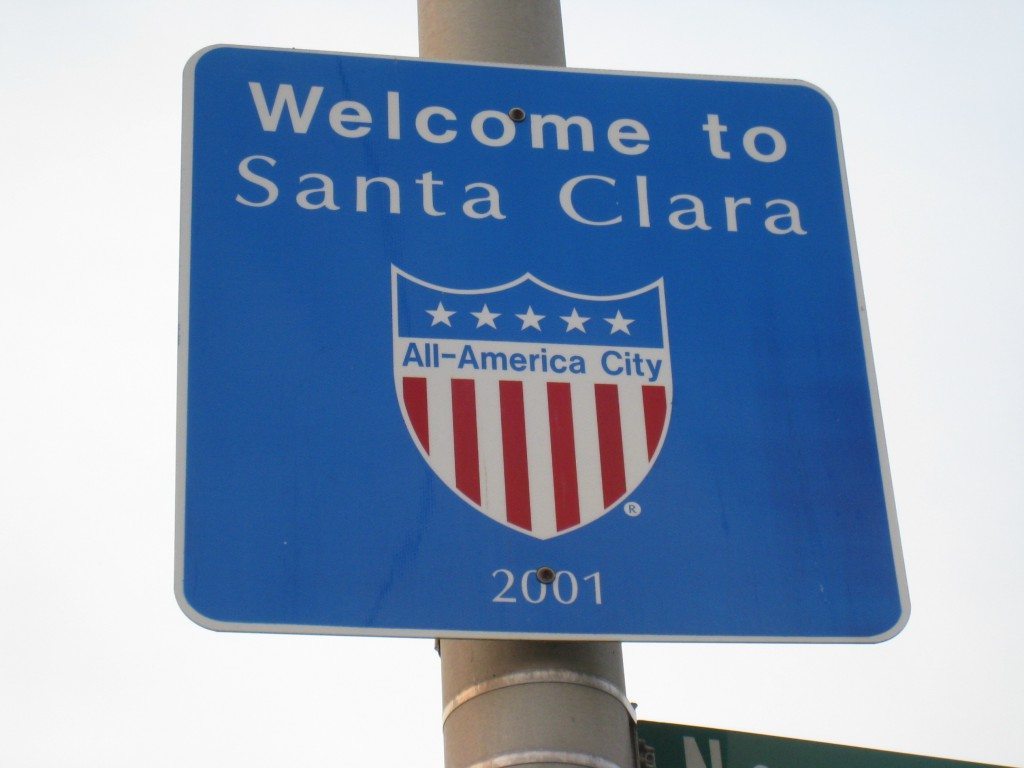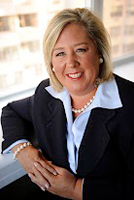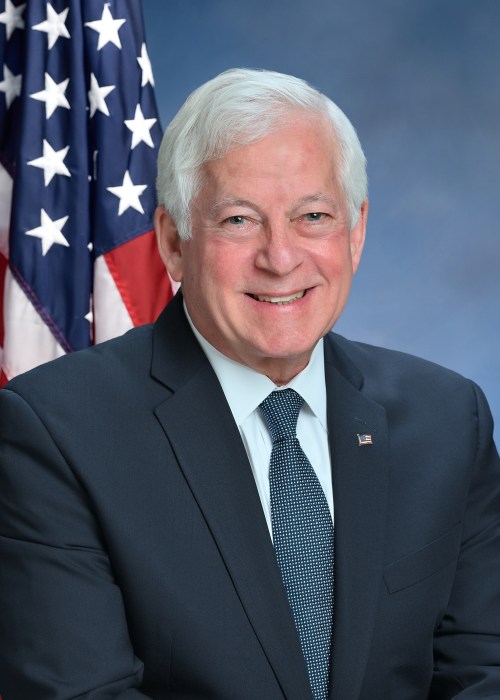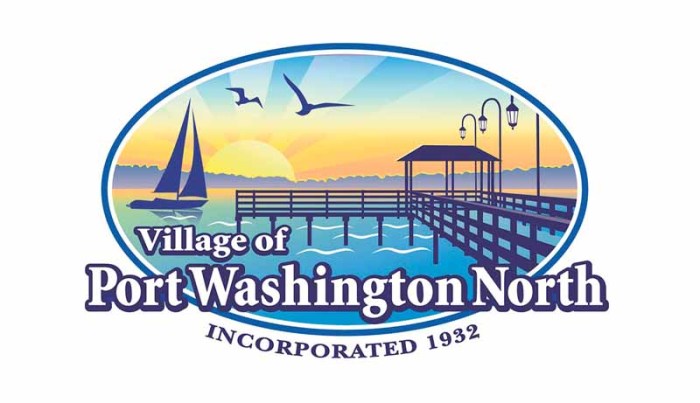
The practical application of ethics in positions of public trust starts with disclosure. It’s how the public learns about merits and risks, and about potential conflicts of interests. Without disclosure, there is no weighing of evidence, no meaningful public input, no affirmation of any ideals, often no closure on controversy.
For many in local government, the conversation stops there.
I hate to keep using Nassau County as an example of how not to do things, but it just hangs there, low-hanging fruit, a giant hydrogen-filled zeppelin of ethical woe and bipartisan indifference. There have been a parade of articles in Newsday and other outlets demonstrating the arrogant disregard for appearances. Nothing can be hidden anymore.
If someone’s looking, it will come out. Embrace it. Cronyism is disturbing, but it’s not illegal. How much better would these and so many other situations look if everything that’s coming out now had been fully disclosed, posted and easily found right at the start?
“It was all out there. I wasn’t hiding anything” is so much better an explanation than “It’s all just a coincidence, folks!”
The low priority given formal ethics mechanisms is made pretty clear by the county government. Its website, for example, now finally mentions the subject of “ethics.” There are four sentences describing the county’s Board of Ethics, which is appointed by the executive and includes at all times at least one of the executive’s employees. The board is unnamed, so employees wishing to report a sticky situation involving their boss may be writing to that boss.
Bad government isn’t a choice. It’s a long series of choices that, over time, wear down good people in the system and encourage silence.
If you want an ethical government, you must create an ethical environment.
Just having an ethics code doesn’t do that. We have ethics laws in place, though pretty much every unit of local government should have its own. A dozen organizations have issued model ethics laws for local governments, including the Office of the State Comptroller. They all read like laws. The OSC version twice uses the phrase “can be reasonably expected to require more than sporadic recusal and abstention pursuant to section 6 of this code.” This is not human talk.
The City of Santa Clara, CA, has a “Code of Ethics & Values” that everyone understands. Every decision maker promises to be “independent, impartial, and accountable” and, though written in brief, short sentences, it covers a lot of ground. They will be ethical, professional, service-oriented, fiscally-responsible, organized and more. Twenty-four specific and clear promises are made. Here is the first one: “I am trustworthy, acting with the utmost integrity and moral courage.” Here is the last one: “I promote intelligent and thoughtful innovation in order to forward the City’s policy agenda and City services.”
They have taken a very broad view of “ethical behavior” in a modern, democratic government.
Just up the road, the City of San Jose requires legislators and their top staffers to publish their weekly appointment calendars online. The city has an online lobbyist registry that reports far more than anything required by New York.
Local units experimented with ethics reforms to rein in backroom dealing, and now it’s bubbling upwards to the county government. It’s not a coincidence that this is happening in the heart of Silicon Valley, where using new technologies to share information and solve problems is part of the culture.
Kansas City, MO, was an early winner in the Google Fiber contest skipped by every Long Island government. Now its Open Budget site is a national model for financial transparency. Also not a coincidence.
This can happen in Nassau County, but it will only start with civic associations, school groups and improvement organizations pushing for it. They are public servants hired to make decisions; not luncheon partners.
Michael Miller (mmillercolumn@gmail.com) has worked in state and local government. He lives in New Hyde Park.






























